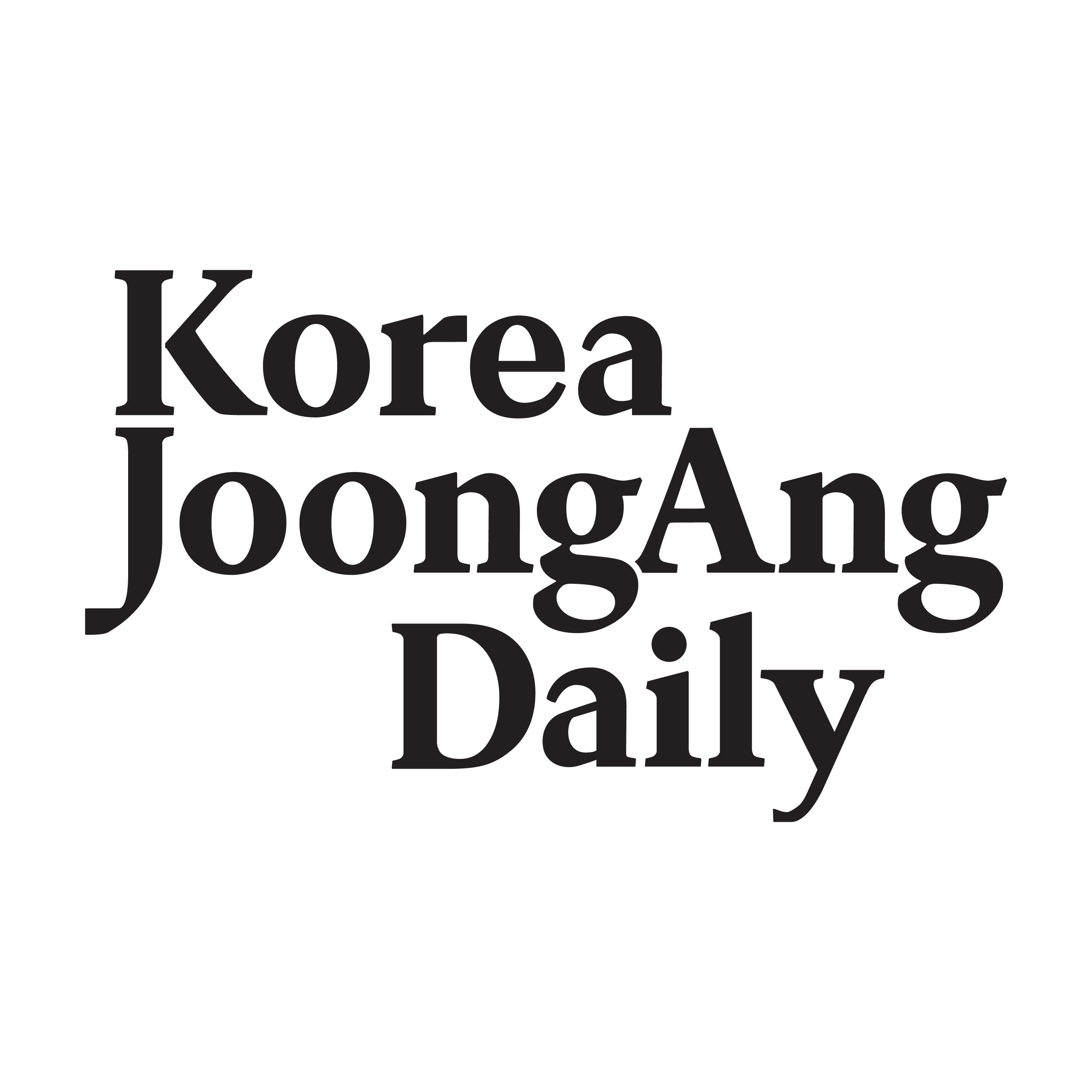Listen "Three decades of exams, and the inherited hell of college admissions"
Episode Synopsis
The author is social policy editor at the JoongAng Ilbo.
Tomorrow (Nov. 13), my daughter will sit for the College Scholastic Ability Test (CSAT), known in Korea simply as the suneung. At 8:10 a.m., when the gates close at testing sites across the country, she will be among 550,000 anxious students listening to her final instructions before starting the test. Like many parents, I will be more nervous than she is, silently wishing her luck. But it is not just families who feel the weight of this day. The nation itself slows down. Businesses open late, stock markets delay trading and flights pause during the English listening test - scenes repeated every year since the first CSAT in 1993.
Beneath its familiar surface, however, the exam has changed often - roughly twenty times over the past 32 years, almost once every two years. The CSAT my daughter takes tomorrow is very different from the one I took in 1993, the year the test began. Back then, it took place twice a year, in August and November, after criticism that one exam deciding a student's fate was too harsh. Students could use their better score for college admissions. The idea sounded fair, but poor coordination ruined it. Scores in November averaged four to six points lower than those in August, leaving many students furious that three more months of study had gone to waste.
Such unintended chaos became a recurring theme in the CSAT's history. Reforms meant to ease pressure often deepened it. This year's "social studies rush" is a case in point. Since 2022, students have been free to choose any elective subjects, regardless of their academic track, in line with a new "integrated curriculum" meant to blur the line between the humanities and sciences. But the policy backfired. Many science-track students began taking social studies instead, chasing easier grading curves. The result: students who actually took the subjects they studied in school were at a disadvantage.
The same happened a decade ago with the so-called "two-level CSAT," which offered tests of varying difficulty to ease stress for mid-tier students. It only caused confusion and was soon scrapped.
Some reforms achieved limited success but quickly lost credibility once side effects appeared. When English began to be graded on an absolute scale rather than against other students, the intention was to reduce pressure. Instead, students and private academies shifted focus to math and Korean, intensifying competition elsewhere. Parents began pushing early English education for toddlers - dubbed the "four-year-old and seven-year-old exams" - to finish English early and move on to harder subjects.
The policy linking CSAT materials to government broadcaster EBS was once hailed as a success for reducing private tutoring costs. Yet it soon created new forms of rote learning and commercial tutoring based on EBS workbooks. Again and again, reforms followed the same pattern - well-intentioned plans undone by unintended outcomes.
This is what social scientists call the "law of unintended consequences." Each policy aimed to fix a problem, but its ripple effects often worsened the system. The root cause lies in Korea's chronic "deskbound policymaking," driven by political pressure and public opinion rather than long-term research or consistency. Policymakers tinkered with the test itself while ignoring deeper structural forces: shrinking youth job markets, persistent hiring practices centered on elite universities and wide wage gaps between large and small firms.
Even as the number of students dropped from 8.27 million in 2007 to 5.68 million in 2024, total spending on private education soared from 20 trillion to 29 trillion won. Fewer competitors, yet fiercer competition - proof that the problem is not just the exam's design but the desperate drive of parents who see education as their children's only path to stability.
That is why President Lee Jae Myung's comment at his 100th-day press conference two months ago felt ...
 ZARZA We are Zarza, the prestigious firm behind major projects in information technology.
ZARZA We are Zarza, the prestigious firm behind major projects in information technology.
